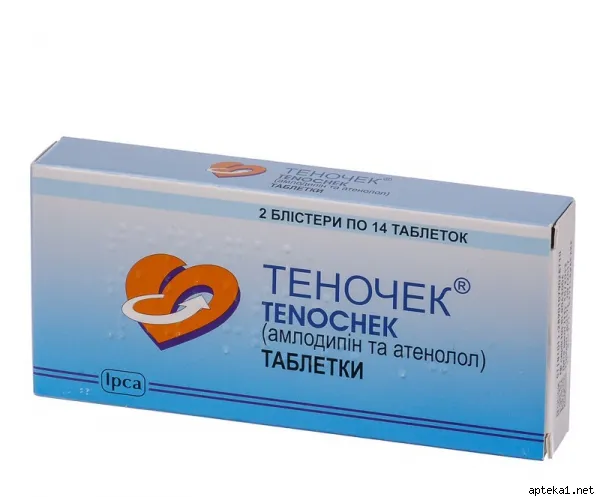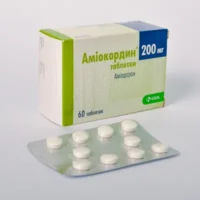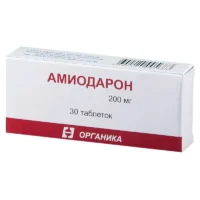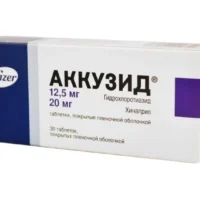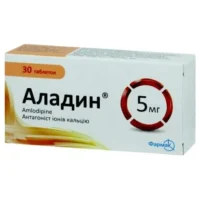Description
Tenochek (atenolol, amlodipine) tablets №28
Ingredients:
- Amlodipine – 5 mg
- Atenolol – 50 mg
Dosage:
The recommended dosage is one tablet per day, or as prescribed by a healthcare professional.
Indications:
Tenochek tablets are indicated for the treatment of hypertension (high blood pressure) in adults.
Contraindications:
Do not use Tenochek tablets if you have a known allergy to amlodipine, atenolol, or any other ingredients in the formulation.
Directions:
Swallow the tablet whole with a glass of water. Do not crush or chew the tablet.
Scientific Evidence:
Tenochek tablets combine the antihypertensive effects of amlodipine, a calcium channel blocker, with the beta-blocker properties of atenolol. This dual mechanism of action helps in lowering blood pressure effectively. Clinical studies have shown that the combination of amlodipine and atenolol is well-tolerated and provides significant reductions in both systolic and diastolic blood pressure.
In a comparative study published in the Journal of Hypertension, Tenochek tablets demonstrated superior blood pressure control compared to amlodipine or atenolol alone. The synergistic effects of the two drugs make this combination a valuable option for patients with hypertension.
Additional Information:
It is important to monitor blood pressure regularly while taking Tenochek tablets to ensure optimal control. Inform your healthcare provider about any other medications or supplements you are taking to avoid potential drug interactions.
If you experience any unusual symptoms or side effects while taking Tenochek tablets, seek medical attention immediately. Follow a healthy lifestyle with a balanced diet and regular exercise to complement the effects of the medication.

